What Does the American Kratom Association Do?
The American Kratom Association (AKA) is a leading non-profit organization dedicated to protecting and promoting the legal use of kratom in the United States. Established in 2014, the AKA advocates for the rights of kratom consumers, supports scientific research, and works to ensure safe manufacturing practices. This article explores the mission, activities, and impact of the American Kratom Association, highlighting its crucial role in the kratom community.
Mission and Goals
The primary mission of the American Kratom Association is to protect the freedom of Americans to legally use kratom, ensuring that consumers have access to safe and unadulterated kratom products.
The AKA’s key goals include:
- Consumer Protection: Advocate for regulations that protect consumers from unsafe kratom products.
- Education: Provide accurate information about kratom to the public, healthcare providers, and policymakers.
- Research Support: Promote and fund scientific research to better understand kratom’s effects and potential benefits.
- Legal Advocacy: Fight against federal and state-level efforts to ban or restrict kratom use.
Consumer Protection Efforts
One of the cornerstone initiatives of the AKA is the Kratom Consumer Protection Act (KCPA). This legislative model aims to regulate the production, distribution, and sale of kratom products to ensure their safety and quality.
Key provisions of the KCPA include:
- Age Restrictions: Prohibiting the sale of kratom to individuals under 18 or 21 years old.
- Labeling Requirements: Mandating accurate labeling of kratom products, including ingredient lists and health warnings.
- Testing Standards: Requiring third-party lab testing to verify the purity and potency of kratom products.
- Banning Adulterants: Ensuring that kratom products are free from harmful adulterants and contaminants.
Several states have adopted or are considering adopting the KCPA, reflecting the AKA’s successful advocacy efforts in promoting responsible kratom use and consumer safety.
Educational Initiatives
The AKA is committed to educating the public about kratom, dispelling kratom myths, and providing science-based information.
This includes:
- Online Resources: The AKA’s website offers a wealth of information, including research studies, safety guidelines, and updates on legal developments.
- Public Seminars and Webinars: The association organizes events to educate consumers, healthcare providers, and lawmakers about kratom.
- Collaborations with Influencers: By partnering with health and wellness influencers, the AKA aims to reach a broader audience and promote a balanced view of kratom.
Supporting Scientific Research
The American Kratom Association actively supports scientific research to explore kratom’s potential benefits and safety profile. By funding and collaborating on research projects, the AKA aims to build a robust body of evidence that can inform policy decisions and public understanding.
Recent Research Highlights
- Pain Management: Studies funded by the AKA have explored kratom’s potential as an alternative to traditional pain medications, suggesting it may offer relief with a lower risk of addiction compared to opioids.
- Alkaloid Analysis: Research has focused on the active compounds in kratom, such as mitragynine and 7-hydroxymitragynine, to understand their pharmacological effects and mechanisms of action.
- Safety and Toxicology: Ongoing studies aim to evaluate the long-term safety of kratom use and identify any potential toxic effects.
Legal Advocacy
The AKA plays a crucial role in advocating for kratom at the state and federal levels. This includes lobbying efforts, legal support, and grassroots campaigns to protect consumer access to kratom.
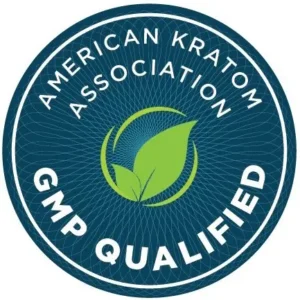
Key Advocacy Achievements
- Blocking Federal Bans: In 2016, the AKA successfully mobilized a massive public response to block the DEA’s attempt to classify kratom as a Schedule I controlled substance.
- State-Level Wins: The AKA has helped pass the Kratom Consumer Protection Act in several states, providing a regulatory framework that ensures consumer safety and product integrity.
- Ongoing Support: The association provides assistance to kratom vendors and consumers facing challenges related to kratom use.
Community Engagement
The AKA values the importance of community engagement and grassroots support. By fostering a strong community of kratom advocates, the association amplifies its impact and ensures that the voices of kratom consumers are heard.
Grassroots Initiatives
- Volunteer Networks: The AKA organizes volunteers to engage with lawmakers, participate in public hearings, and spread awareness about kratom.
- Social Media Campaigns: Utilizing platforms like Facebook, Twitter, and Instagram, the AKA connects with the public, shares updates, and mobilizes support for kratom advocacy.
- Fundraising Events: The association hosts events to raise funds for its advocacy and research initiatives, ensuring sustained efforts to protect kratom.
Challenges and Future Directions
Despite its successes, the American Kratom Association faces ongoing challenges. Regulatory pressures, misinformation, and the need for more comprehensive research remain significant hurdles.
Moving forward, the AKA plans to:
- Expand Advocacy Efforts: Increase lobbying efforts at both the state and federal levels to protect kratom access.
- Enhance Research Collaborations: Partner with more research institutions to broaden the scope of kratom studies.
- Strengthen Public Outreach: Develop more targeted educational campaigns to reach diverse audiences.
Conclusion
The American Kratom Association plays a pivotal role in advocating for kratom consumers across the United States. Through its efforts in advocacy, education, research, and community engagement, the AKA aims to ensure that kratom remains a safe, accessible, and well-understood botanical. As kratom continues to gain attention for its potential benefits, the AKA’s work is more important than ever in navigating the complex landscape of kratom regulation and public perception.
For more information, visit the American Kratom Association website.
References
- American Kratom Association. (n.d.). Retrieved from American Kratom Association
- National Institutes of Health. (n.d.). Kratom Research. Retrieved from NIH Kratom Research

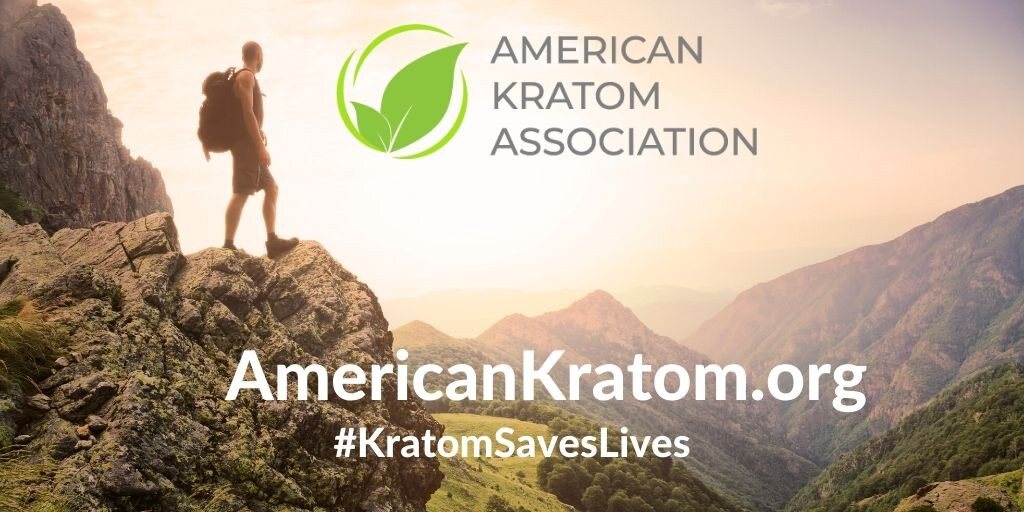
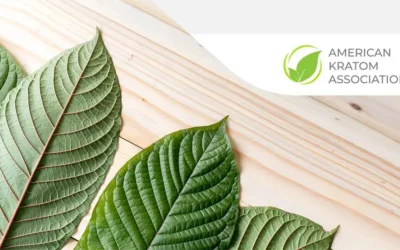
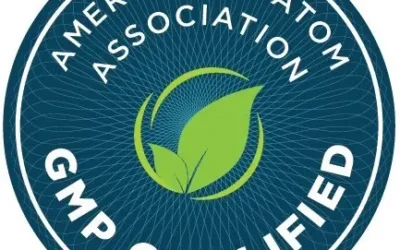
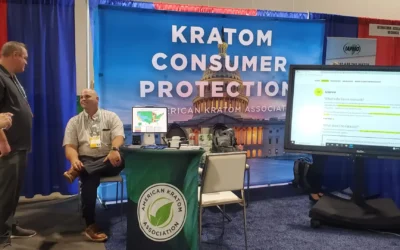

0 Comments